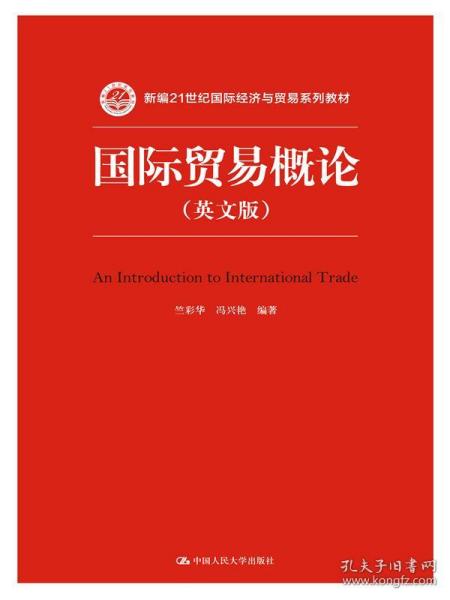国际经济与贸易:全球视角。研究全球经济中的经济活动和贸易关系,探讨国际贸易体系、全球化对各国经济的影响以及国际经济合作的重要性。关注全球市场的动态变化,分析不同国家和地区的经济政策与贸易策略,促进国际间的经济交流和合作。
In the interconnected world of today, international economics and trade play a pivotal role in shaping the global landscape of business and development. The intricate interplay between nations, driven by various factors such as globalization, technology advancements, and political shifts, has resulted in an interconnected system that cannot be ignored or neglected by any nation-state.
International economics is the study of economic interactions between nations, focusing on trade, investment, and financial flows across borders. It encompasses a wide range of topics, including trade theory, international trade agreements, currency exchange rates, and the impact of globalization on national economies. Understanding international economics is crucial for businesses and governments as it helps them make informed decisions about trade policies, investment strategies, and market entry or exit.
Trade, as a fundamental aspect of international economics, has transformed the way businesses operate and interact worldwide. The concept of globalization has opened up opportunities for businesses to expand their operations beyond their domestic markets and explore new avenues for growth. This has resulted in increased trade flows, both in terms of goods and services, leading to a more integrated global economy.
Moreover, technology advancements have played a pivotal role in facilitating international trade. The advent of the internet, digitalization, and other technological innovations have made it easier for businesses to connect with their global counterparts, conduct transactions, and expand their operations. This has resulted in a more efficient and effective global supply chain, which has further boosted trade between nations.
However, international trade is not without its challenges. There are political and economic risks that need to be managed effectively. For instance, changes in government policies, tariffs, exchange rate fluctuations, and other factors can significantly impact trade flows. Therefore, businesses and governments need to work together to mitigate these risks and ensure smooth functioning of international trade.
International trade also involves cross-border investments, which is an integral part of international economics. As businesses expand their operations globally, they need to raise capital from various sources, including foreign investors. This capital helps them fund their operations, expand further, and invest in research and development to stay competitive in the global market. Cross-border investments also help in transferring technology and expertise from one nation to another, leading to overall global growth and development.
Moreover, international trade helps in promoting economic growth and development by creating opportunities for businesses to access new markets and expand their operations. It also helps in improving the overall efficiency of production by enabling businesses to access resources and inputs from different parts of the world. This results in cost reduction and increased productivity, leading to overall economic growth and development.
In conclusion, international economics and trade are integral to the functioning of the global economy. It is crucial for businesses and governments to understand the intricacies of international economics and trade and make informed decisions based on it. By promoting trade, investment, and cooperation between nations, we can achieve overall global growth and development. Therefore, it is imperative to work together to overcome the challenges that lie ahead and ensure that international economics and trade continue to play a pivotal role in shaping the global landscape of business and development.




 京公网安备11000000000001号
京公网安备11000000000001号 京ICP备11000001号
京ICP备11000001号